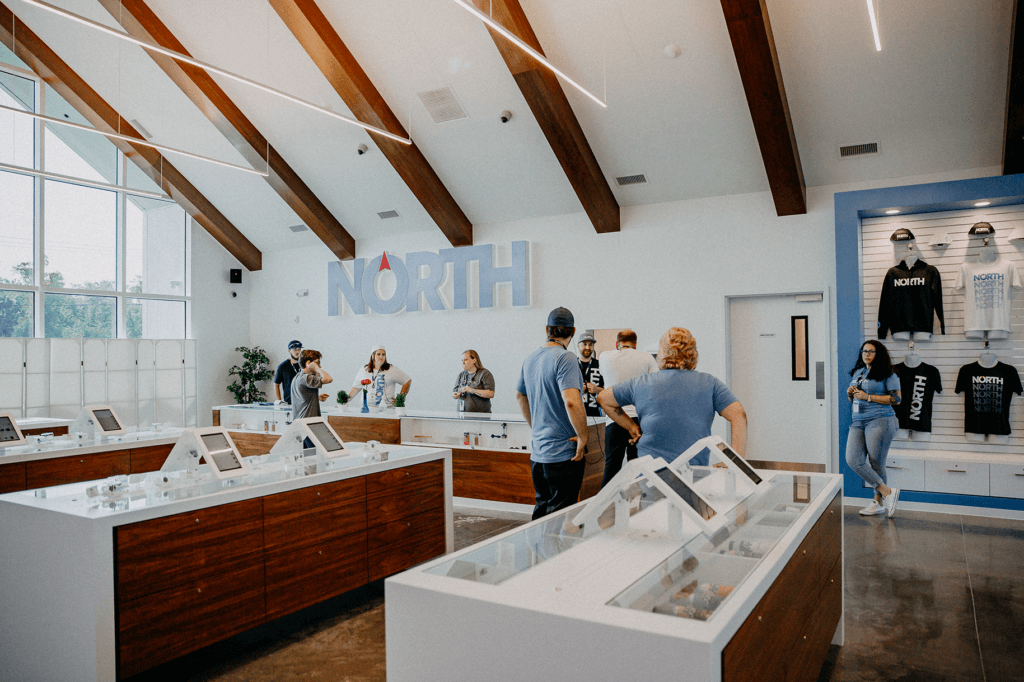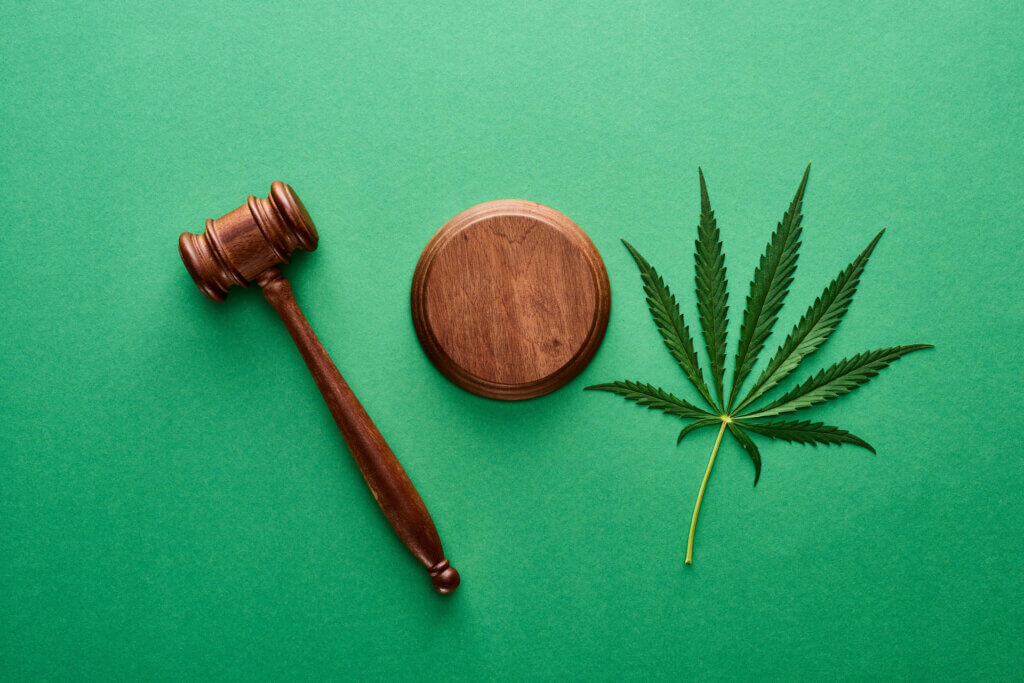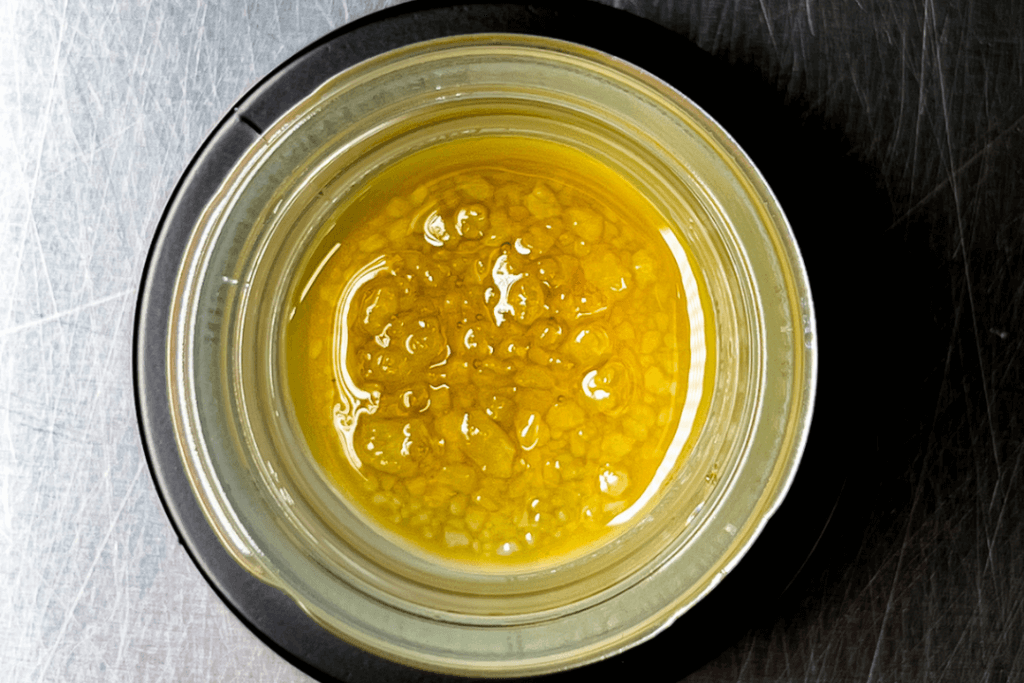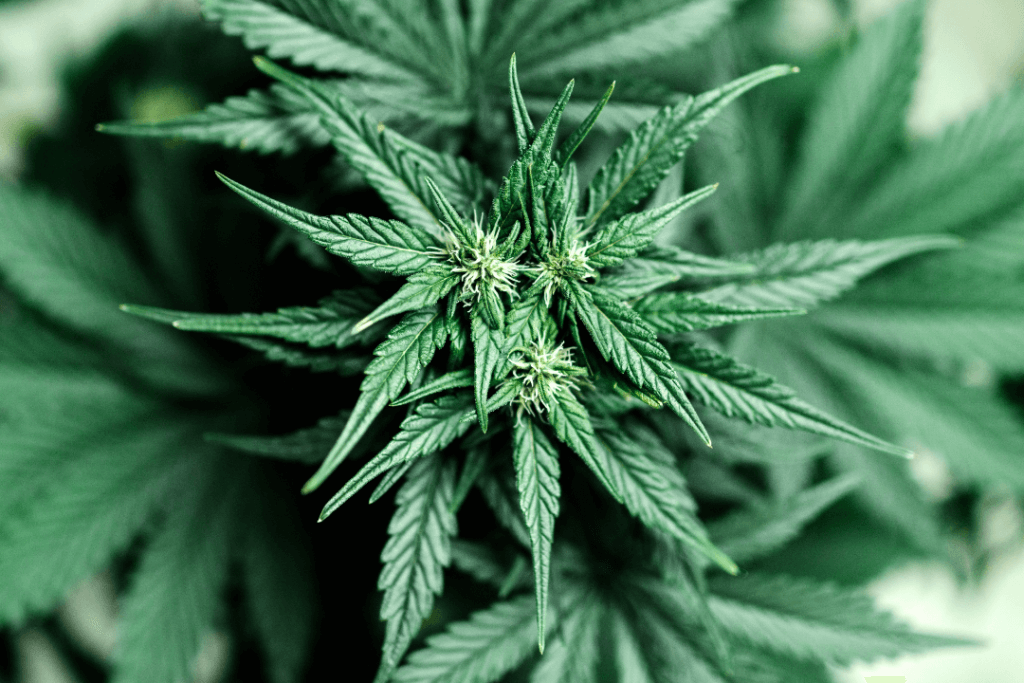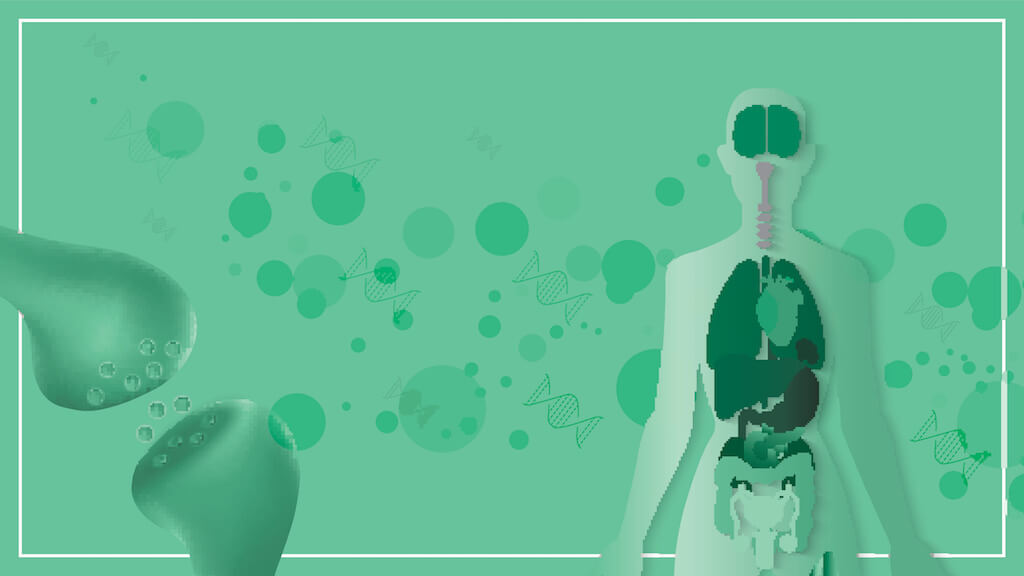The cannabis plant is a unique species that contains many medical benefits through its cannabinoids. A common misconception, however, is that all cannabinoids result in euphoria or a “high” when inhaled, consumed, or directly applied to the skin. Specifically, cannabidiol (CBD) provides several benefits without psychotically impairing patients – especially when diluted with an oil.
What is CBD Oil?
Simply the combination of CBD and an oil. In order for this to happen, CBD must first be separated from the cannabis plant and other cannabinoids such as tetrahydrocannabinol – better known as THC. CBD oil:
Results in Zero Psychoactive Effects
Speaking of THC, it’s the main reason for psychoactive effects that one may experience when using medical marijuana. If you have always wanted to try it for yourself, but don’t have your own Missouri Medical Marijuana Card or are concerned about getting high, try CBD oil instead. There may be tiny amounts of THC in certain CBD oils, but not enough to cause concern.
Provides Pain Relief
Did you know that the human body was designed to receive cannabinoids? If you’re unfamiliar with the endocannabinoid system, North explains its functionality in a previous blog post. Essentially, it helps to regulate pain among other important functions by producing endocannabinoids. After introducing CBD to the body, it will work with those endocannabinoids to reduce inflammation and stop pain in its tracks.
Contains Antioxidant Properties
According to a study, CBD has anti-inflammatory and antioxidant properties. It says that, “analysis of CBD antioxidant activity showed that it can regulate the state of redox directly by affecting the components of the redox system and indirectly by interacting with other molecular targets associated with redox system components.”
Reduces Anxiety
There is also evidence that CBD can calm the central nervous system and reduce anxiety. In 2019, a sample of 72 adults was given CBD for anxiety or sleep-related issues. Of that 72, 57 scored lower after the first month when it came to reporting their anxiety. Additional studies on efficacy and dose are still needed, but this is a great sign for a positive outlook.
Coming Soon to North
After learning about the remarkable benefits of CBD oil, what’s stopping you from relieving your pain or combating your anxiety? North will soon have several options for you to choose from.


